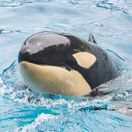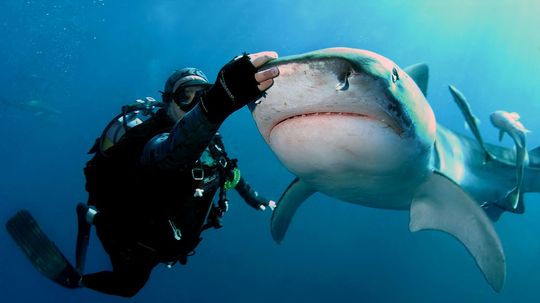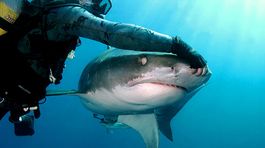Sharks in the coastal waters of Brazil have up to 100 times more cocaine in their bodies than tests in other aquatic animals have found in the past. This is stated in a study published in the scientific journal Science of the Total Environment, reports TASR.
According to a scientific hypothesis, drugs thrown into the sea by smugglers can affect marine animals. It is estimated that tons of drugs often end up in the waters washing Florida, South America and Latin America.
Researchers from Brazil’s Oswaldo Cruz Foundation bought and tested 13 Canadian sharks (Rhizoprionodon terraenovae) from small fishing boats. This species spends its entire life in coastal waters and is therefore most likely to be negatively affected by such pollution.
Shark muscle and liver samples were tested for cocaine and benzoylecgonine, the main metabolite of cocaine, by liquid chromatography and mass spectrometry.
All 13 animals tested positive for drugs, in some cases the concentration was up to 100 times higher than in other aquatic animals in the past, the researchers said.
This is the first study ever to find the presence of cocaine in wild sharks, with a higher presence of cocaine in the muscles than in the liver.
The researchers draw attention to the significantly limited scope of the study and add that the effect of cocaine and benzoylecgonine on aquatic animals is not fully known.

Source: vat.pravda.sk




